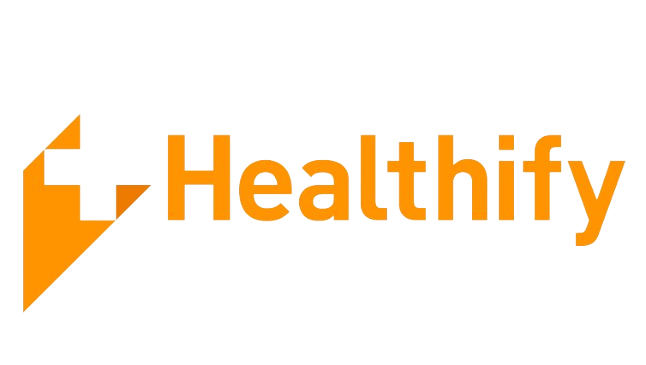Tag: applications
-
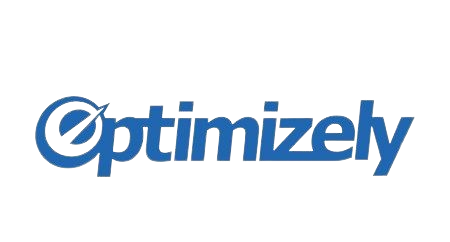
Hacking on Link With Optimizely And Benetech
Open Referral went to San Francisco on Wednesday August 9th to participate in a social good hack-day at Optimizely. In collaboration with our partner Benetech, Open Referral set up as one of the social good projects that 20+ employees worked on for the day. Overall, our team was strong in front-end web and mobile…
-
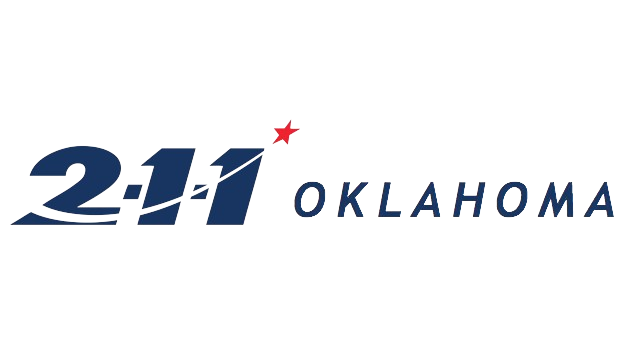
Open Referral in Oklahoma!
This is a guest post from Aaron Bean of Asemio. Welcome, Aaron! We’re pleased to introduce the first iteration of the Oklahoma Open 2-1-1 project, which is leveraging the Ohana platform and the Open Referral format to make it easier for Oklahoma residents to find and share information about community resources that can help improve…
-
Crisis Text Line: lives in the balance
This guest post is from Rebecca Kan, the head of referral services for Crisis Text Line. I’m not safe. I have nowhere to sleep tonight. I don’t recognize myself anymore, I need help. I said no…was I raped? Crisis Text Line is a free, 24/7 text service for people in crisis. By texting 741741,…
-
OpenCIOC: Exploring New Models for Sharing and Collaboration
Across Canada, OpenCIOC project software supports the work of hundreds of diverse community organizations, including community information providers and volunteer centres, local and provincial governments, 211 providers, mental health associations, health support networks/organizations, seniors’ support services, and many others – as well as millions of public users each year. … We’re so excited to now…
-
Making Complexity Friendly
Last year, SIMLab completed a project [discussed previously on this blog] with DC Public Library (DCPL) to find out how the library could deliver and maintain good information on social services in DC. Funded by the Knight Foundation’s Prototype Fund, this project sparked a prolonged investigation into how the American social safety net is constructed. What…
-
Introducing Link-SF to the Open Referral ecosystem
[Welcome to Rose Trujillo of Zendesk! This is cross-posted from Zendesk’s Zengineering Blog.] We’re happy to announce that Link-SF will be a part of Open Referral’s San Francisco pilot project! What is Link-SF? St. Anthony’s Tenderloin Technology Lab serves many low-income San Francisco residents that are looking for web access. Continue reading →
-
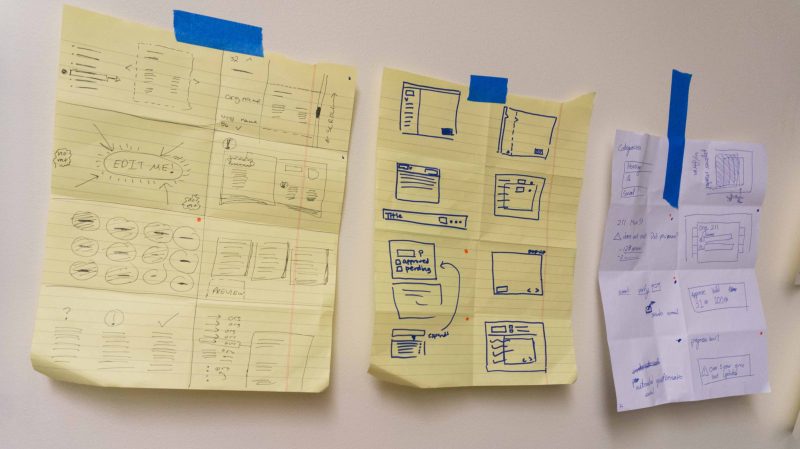
San Francisco’s Open Referral: Getting out and Staying out
Every other year, the Reentry Council of San Francisco publishes Getting Out and Staying Out, a resource guide for people returning from prison and looking for help to get back on their feet. The Guide is more than 300 pages long, containing rich information about hundreds of health, human, and social services that are available…
-
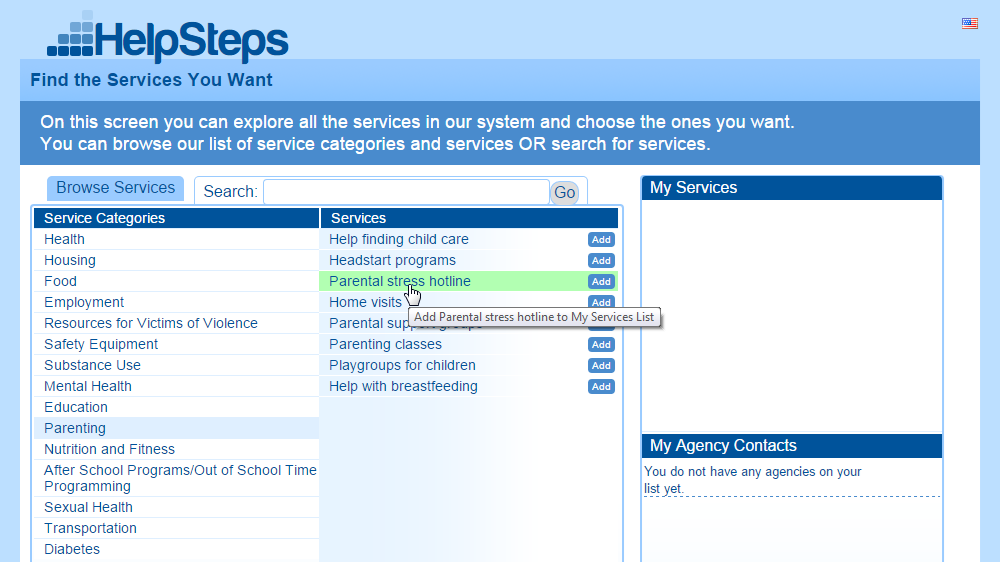
Helping HelpSteps Step Forward
Conceived and built by a team at Boston Children’s Hospital, HelpSteps.com (formerly known as The Online Advocate) is designed to help individuals and families identify social service needs and connect to local organizations best suited to meet those needs. The database includes over 1,700 organizations in the greater Boston area, and is maintained through partnership…

